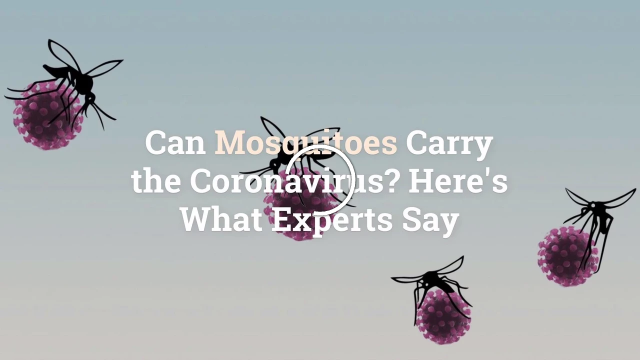 |
| What does it mean to self-quarantine?-Coronavirus disease (COVID-19) advice for the public |
What should I do if I have no symptoms, but I think I have been exposed to COVID-19?
What does it mean to self-quarantine?
To self-quarantine means to separate yourself from others because you have been exposed to someone with COVID-19 even though you, yourself, do not have symptoms.During self-quarantine you monitor yourself for symptoms. The goal of the self-quarantine is to prevent transmission. Since people who become ill with COVID-19 can infect people immediately self-quarantine can prevent some infections from happening. .
In this case:
Have a large, well-ventilated single room with hand hygiene and toilet facilities
If this is not available place beds at least 1 metre apart.
Keep at least 1-metre distance from others, even from your family members.
Monitor your symptoms daily
Self-quarantine for 14 days, even if you feel healthy
If you develop difficulty breathing, contact your healthcare provider immediately – call them first if possible.
Stay positive and energized by keeping in touch with loved ones by phone or online, and by exercising yourself at home.
However, if you live in an area with malaria or dengue fever it is important that you do not ignore symptoms of fever. Seek medical help. When you attend the health facility wear a mask if possible, keep at least 1 metre distant from other people and do not touch surfaces with your hands. If it is a child who is sick help the child stick to this advice.
What is the difference between self-isolation, self-quarantine and distancing?
Quarantine means restricting activities or separating people who are not ill themselves but may have been exposed to COVID-19. The goal is to prevent spread of the disease at the time when people just develop symptoms..
Isolation means separating people who are ill with symptoms of COVID-19 and may be infectious to prevent the spread of the disease.
Physical distancing means being physically apart. WHO recommends keeping at least 1-metre distance from others. This is a general measure that everyone should take even if they are well with no known exposure to COVID-19.
Regularly and thoroughly clean your hands with an alcohol-based hand rub or wash them with soap and water. Why? Washing your hands with soap and water or using alcohol-based hand rub kills viruses that may be on your hands.
Maintain at least 1 metre distance between yourself and others. Why? When someone coughs, sneezes, or speaks they spray small liquid droplets from their nose or mouth which may contain virus. If you are too close, you can breathe in the droplets, including the COVID-19 virus if the person has the disease.
Avoid going to crowded places. Why? Where people come together in crowds, you are more likely to come into close contact with someone that has COIVD-19 and it is more difficult to maintain physical distance of 1 metre.
Avoid touching eyes, nose and mouth. Why? Hands touch many surfaces and can pick up viruses. Once contaminated, hands can transfer the virus to your eyes, nose or mouth. From there, the virus can enter your body and infect you.
Make sure you, and the people around you, follow good respiratory hygiene. This means covering your mouth and nose with your bent elbow or tissue when you cough or sneeze. Then dispose of the used tissue immediately and wash your hands. Why? Droplets spread virus. By following good respiratory hygiene, you protect the people around you from viruses such as cold, flu and COVID-19.
Stay home and self-isolate even with minor symptoms such as cough, headache, mild fever, until you recover. Have someone bring you supplies. If you need to leave your house, wear a mask to avoid infecting others. Why? Avoiding contact with others will protect them from possible COVID-19 and other viruses.
If you have a fever, cough and difficulty breathing, seek medical attention, but call by telephone in advance if possible and follow the directions of your local health authority. Why? National and local authorities will have the most up to date information on the situation in your area. Calling in advance will allow your health care provider to quickly direct you to the right health facility. This will also protect you and help prevent spread of viruses and other infections.
Know This Questions Answer And Protect Yourself & Others On (COVID-19)
Can I catch COVID-19 from the faeces of someone with the disease?
WATCH MOOR DETAILS TO GO NEXT POST-
Information collect on this site (www.who.int) for peoples help.






No comments:
Post a Comment